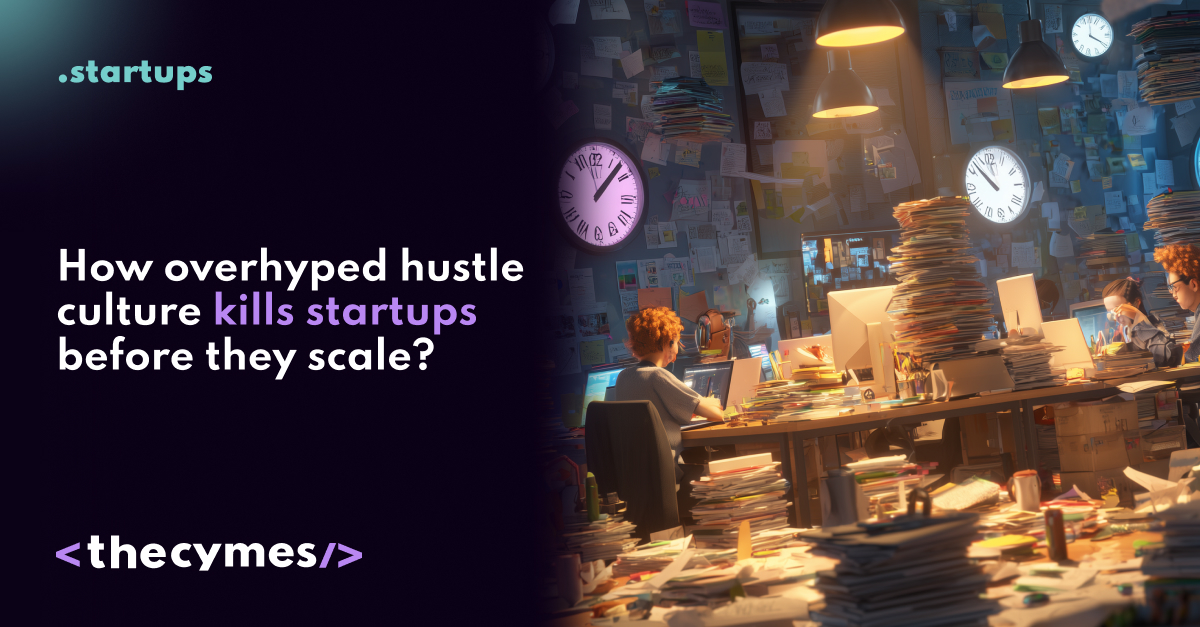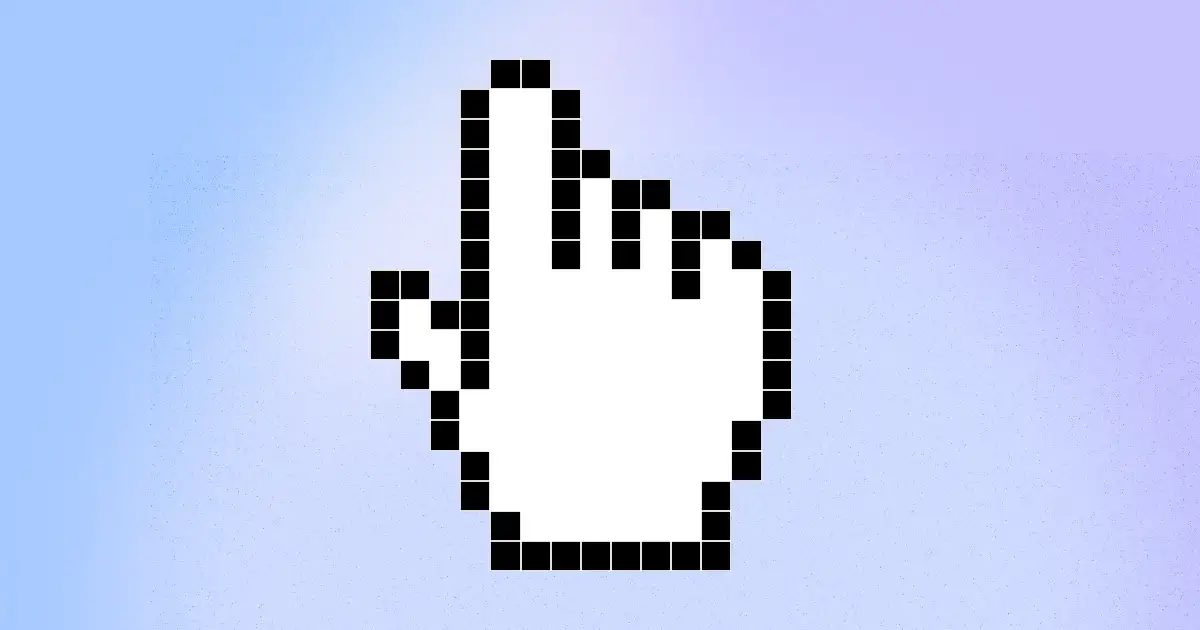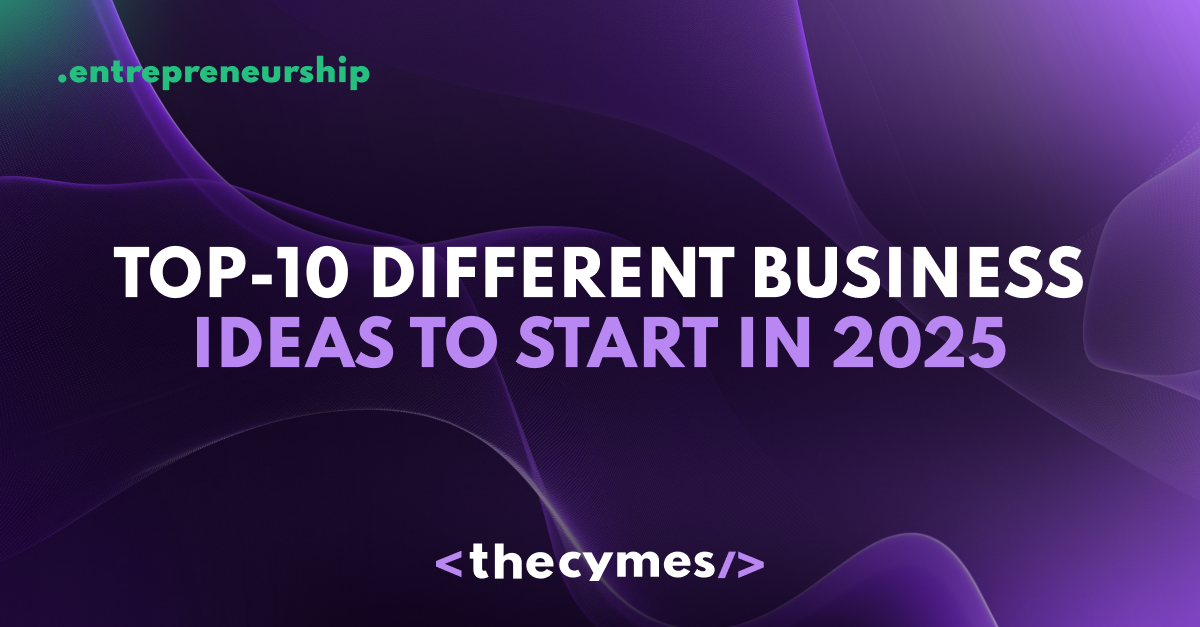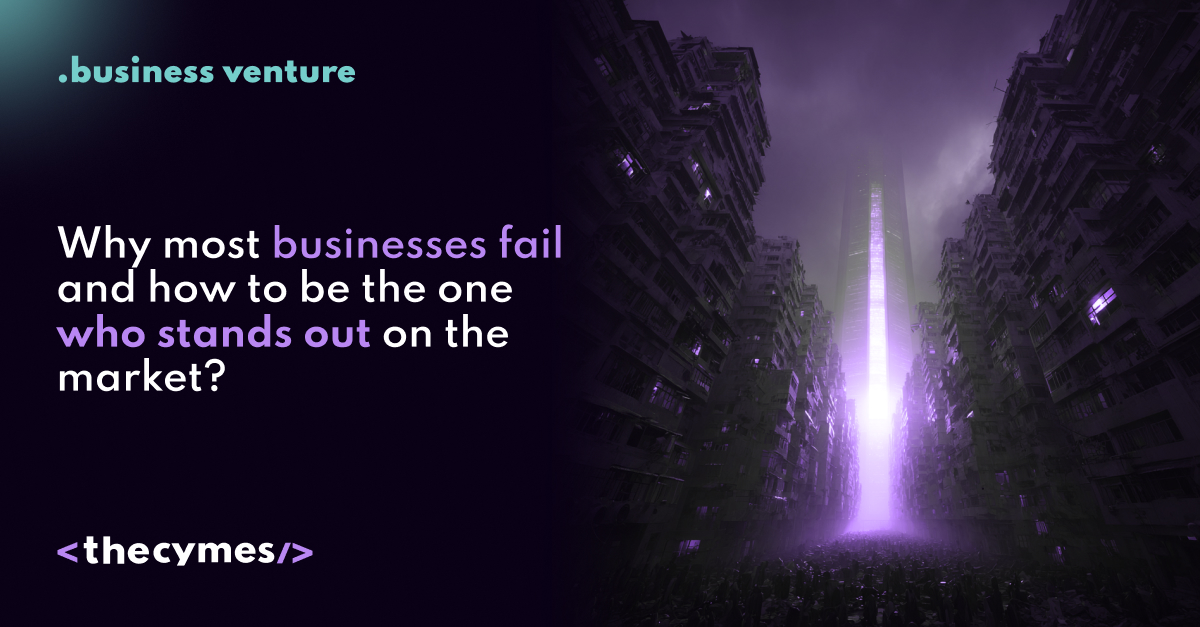.business venture21 August 15:55
0<
How overhyped hustle culture kills startups before they scale
/>Why brilliant founders are burning out just as their startups take off. The hidden cost of hustle culture isn't just exhaustion, it's killing the very creativity and clear thinking needed to scale successfully. be updated on the latest tech newsGet exclusive news updates and overview on tech market




